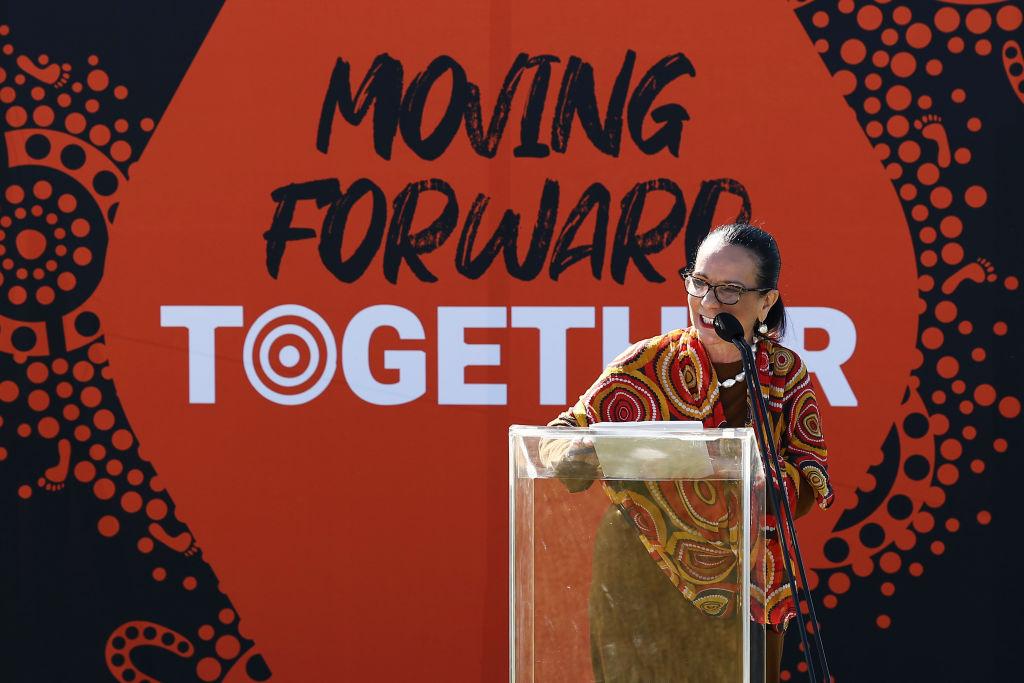Two expatriates from the former communist state of Albania have issued a stark warning about a contentious proposal to change the Australian Constitution to further entrench Indigenous interests.
“As soon as we heard from Prime Minister Anthony Albanese about The Voice, we got flashbacks to our lives under socialism in our country of origin Albania,” said Dr. Zekri Palushi in an interview with The Epoch Times.





